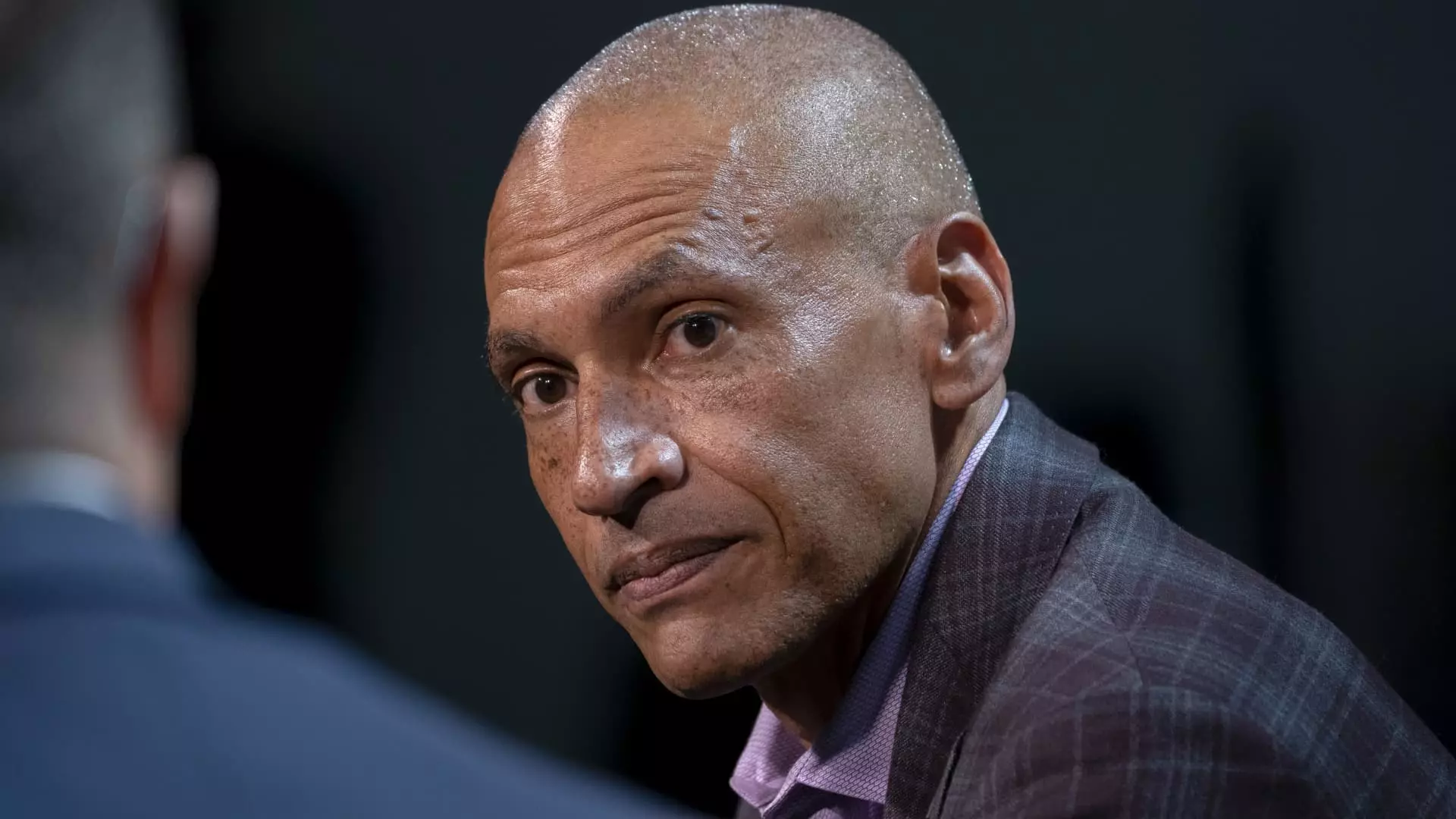In a significant move within the corporate landscape, Chris Young, Microsoft’s head of business development, has announced his resignation after four impactful years. His departure was revealed through a regulatory filing dated Wednesday, leaving many to speculate about the implications for the tech giant. Young’s exit comes on the heels of his instrumental role in orchestrating one of the largest acquisitions in the tech industry—Microsoft’s $68.7 billion acquisition of Activision Blizzard. Unnamed as of yet, his successor could set a new course for the future direction of Microsoft’s business strategies.
Joining Microsoft in 2020, Young brought a wealth of experience from his time as CEO of McAfee, where he led the company’s separation from Intel. His prior leadership roles at Cisco and RSA established him as a formidable figure in the tech industry, crafting a career characterized by strategic foresight and adaptability. While at Microsoft, Young was part of the senior leadership team, including notable figures like CEO Satya Nadella and finance chief Amy Hood, and he provided critical insights during strategic meetings, underscoring the importance of innovative growth and partnership.
As one of the highest-paid employees at Microsoft, Young’s total compensation reached $12 million in the fiscal year 2024, highlighting his value to the company. His leadership extended beyond traditional business development duties; he oversaw M12, Microsoft’s corporate venture capital arm, which has invested in a myriad of forward-thinking startups such as Innovaccer and PsiQuantum. By aligning M12 more closely with Microsoft, Young aimed to leverage resources and maximize the support extended to these portfolio companies, thus enhancing innovation within the tech ecosystem.
The closure of the Activision Blizzard deal in 2023 represented a pivotal moment in Microsoft’s strategy to dominate the gaming industry. Young’s influence was evident in navigating the complexities of such a massive transaction. Moreover, his involvement didn’t end there; he played a crucial role in solidifying Microsoft’s collaboration with artificial intelligence powerhouse OpenAI, enhancing the company’s portfolio in emerging technologies. Young’s initiatives also saw the establishment of advertising deals, notably with streaming giant Netflix, further showcasing his adaptability across various sectors.
Beyond business acumen, Young’s legacy at Microsoft is prominently marked by his advocacy for diversity and inclusion. As one of the highest-ranking Black executives in the company, he consistently emphasized the critical need for a diverse workforce within the tech industry. His thought leadership was particularly pertinent, especially as other tech giants, including Amazon and Meta, recently reassessed their own diversity initiatives. Young’s commitment to advancing these discussions within Microsoft reflects a broader awareness of the systemic changes necessary to foster an inclusive industry.
Young’s resignation undoubtedly leaves a notable void within Microsoft, and the company’s next steps will be closely observed by industry analysts and stakeholders alike. As the organization navigates this transitional phase, the potential for new leadership to emerge remains an open question. The landscape of technological innovation and diversity efforts is continuously evolving, and Microsoft’s response to Young’s departure will greatly influence its direction and reputation moving forward.

